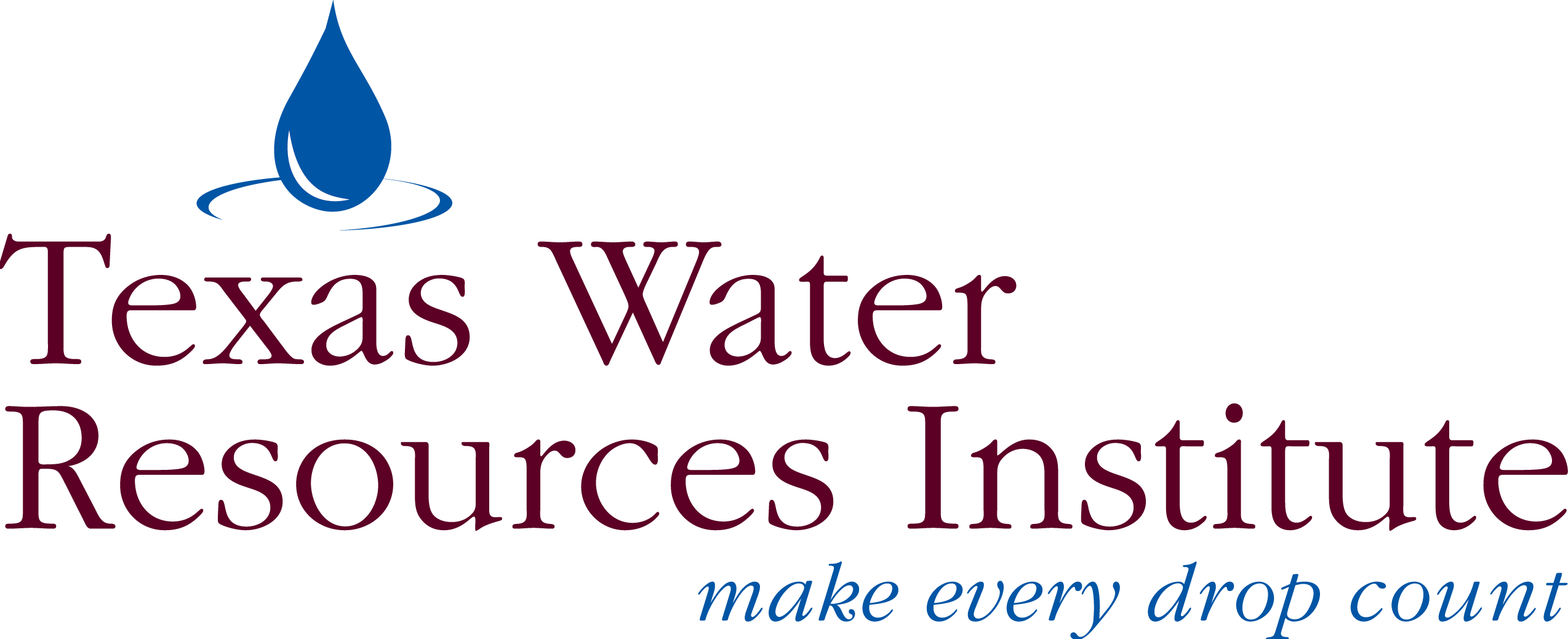The Texas Well Owner Network, TWON, is hosting two upcoming events in Central Texas July 17-18 for residents to have their well water screened: a “Well Educated” water well screening will be held in Killeen, and another “Well Educated” water well screening will be held in Cameron.
Joel Pigg, Texas A&M AgriLife Extension Service program specialist and TWON coordinator, College Station, said the TWON program is for Texas residents who depend on household wells for their water needs.
“The TWON program was established to help well owners become familiar with Texas groundwater resources, septic system maintenance, well maintenance and construction, and water quality and treatment,” he said. “It allows them to learn more about how to improve and protect their community water resources.”
Water samples will be screened for contaminants, including total coliform bacteria, E. coli, nitrate-nitrogen and salinity.
Water sampling and meeting information
— Killeen area: July 17, water samples can be dropped off 8:30-10 a.m. at the Texas A&M AgriLife Extension office for Bell County, 1605 N. Main Street, Suite 102, Belton; at the Clearwater Groundwater Conservation District office, 700 Kennedy Court, Belton; or at the Texas A&M University – Central Texas campus, General Robert M. Shoemaker Founders Hall – Bernie Beck Lecture Hall, 1001 Leadership Place, Killeen. There is no cost for the water screening.
On July 18, the follow-up meeting to explain the results of the screenings will be from 8 a.m. – noon at the Texas A&M Central Texas campus, General Robert M. Shoemaker Founders Hall – Bernie Beck Lecture Hall, 1001 Leadership Place, Killeen.
— Cameron area: July 17, water samples can be dropped off 8:30-10 a.m. at the Texas A&M AgriLife Extension office for Milam County, 806 N. Crockett, Suite B, Cameron; at the Texas A&M AgriLife Extension office for Bell County, 1605 N. Main Street, Suite 102, Belton; at the Post Oak Savannah Groundwater Conservation District office, 310 East Avenue C, Milano; or at the Clearwater Groundwater Conservation District office, 700 Kennedy Court, Belton. There is no cost for the water screening.
On July 18, the follow-up meeting to explain the results of the screenings will be from 2-6 p.m. at the Post Oak Savannah Groundwater Conservation District office, 310 East Avenue C, Milano.
Sampling instructions
Pigg said area residents wanting to have their well water screened should pick up a sample bag, bottle and instructions from their local Texas A&M AgriLife Extension office or the Groundwater Conservation District office.
“It is very important that only sampling bags and bottles from these locations be used, and all instructions for proper sampling are followed to ensure accurate results,” he said.
Private water wells should be tested annually, he said. The samples will be screened for contaminants, including total coliform bacteria, E. coli, nitrate-nitrogen and salinity.
Pigg said it is essential for those submitting samples to be at the appropriate follow-up meeting to receive results, learn corrective measures for identified problems and improve their understanding of private well management.
Well water contaminants, concerns
John Smith, Texas A&M AgriLife Extension program specialist, Bryan-College Station, said research shows the presence of E. coli bacteria in water indicates that waste from humans or warm-blooded animals may have contaminated the water. Water contaminated with E. coli is more likely to also have pathogens that can cause diarrhea, cramps, nausea or other symptoms.
The presence of nitrate-nitrogen in well water is also a concern, and water with nitrate-nitrogen at levels of 10 parts per million is considered unsafe for human consumption, he said.
“These nitrate levels above 10 parts per million can disrupt the ability of blood to carry oxygen throughout the body, resulting in a condition called methemoglobinemia,” Pigg said. “Infants less than 6 months of age and young livestock are most susceptible to this.”
Salinity, as measured by total dissolved solids, will also be determined for each sample, he said. Water with high levels may leave deposits and have a salty taste. Using water with high levels for irrigation may damage soil or plants.
To learn more about the programs offered through the network or to find additional publications and resources, visit twon.tamu.edu. For more information on the water screening contact Pigg at 979-845-1461 or j-pigg@tamu.edu, or Smith at 979-204-0573 or john.smith@ag.tamu.edu.
The screenings are presented by Texas A&M AgriLife Extension and the Texas Water Resources Institute (TWRI) in partnership with the AgriLife Extension offices in Bell County and Milam County. Additional support provided by Clearwater Underground Conservation District and the Post Oak Savannah Groundwater Conservation District.
Funding for TWON is through a Clean Water Act nonpoint source grant provided by the Texas State Soil and Water Conservation Board and the U.S. Environmental Protection Agency. The project is managed by TWRI, part of Texas A&M AgriLife Research, the Texas A&M AgriLife Extension Service and the Texas A&M College of Agriculture and Life Sciences.



